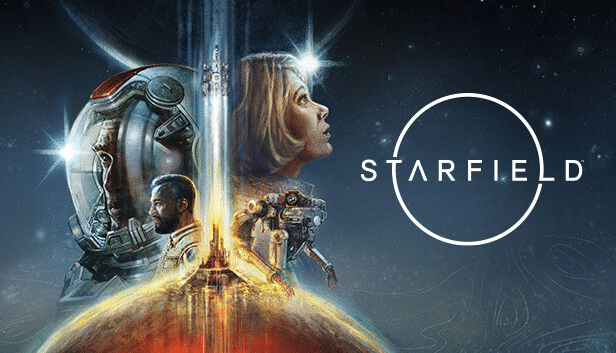
Bethesda was forced to defend itself against criticism of Starfield, one of its most recent games.
The story of this space RPG has been a whirlwind of emotions for fans, and recently things have taken a turn for the worse. Starfield, Bethesda’s ambitious game, received a lot of criticism especially after launching its paid mission “The Vulture”. This situation has reached a point where the company has to come out and give an explanation.
A mission that does not justify the cost
The video game studio launched the paid mission “The Vulture” through the platform of Starfield Creations, a move that quickly lit up the networks. This mission, part of the Trackers Alliance concept (sort of a bounty hunting club), costs 700 credits, which is the equivalent of seven dollars. Fans are quick to complain that paying this much for a single mission is excessive, especially compared to the company’s other games like Fallout 4.
The criticism was immediate. Steam reviews for Starfield have been “mostly negative” relative to recent reviews, and the overall score has been downgraded to “mixed”. This is in stark contrast to the “very positive” and “overwhelmingly positive” ratings for Bethesda titles like The Elder Scrolls and The Fall.
Todd Howard talks about player feedback
Faced with community outcry, Starfield director and executive producer at Bethesda, Howard, decided to address the issue in an interview with YouTube creator MrMattyPlays. Howard made it clear that Bethesda is aware of the feedback and that the studio is rethinking how it delivers and prices content.
“Now we’re definitely going to see the feedback, right? And we’re definitely not looking for, oh no, it’s like this faction is cutting and selling 700 credits every time. So I think we’re going to look at how we present content that way, and whether we’re changing prices or paying or what we need to do there. So from the community.” Good comment. – Todd Howard
The effect on reputation
Known for its immersive and massive role-playing games, the video game company has built a strong reputation with popular titles such as The Elder Scrolls and Fallout. However, the controversy surrounding this new payment mission has eroded this reputation. Fans have pointed out that Starfield’s paid missions are not up to the standard of quality expected from a studio with the aforementioned history, leading to a general sense of disappointment.
The company’s heritage has always been to provide deep and rich gaming experiences, which has been overshadowed by recent controversy. Gamers hope that the studio will not only adjust the price, but also return the focus on the quality of content. This is a critical moment for the studio, as its ability to respond appropriately will determine the future of the video game and its unwavering loyalty to its relationship with the fan community.
An important change for the survival of the game
Despite the setback, the company seems committed to continuing its creative approach, which has been consistent across several major titles from the studio. However, Howard suggested that future pricing models be reviewed for improvement. Paid modules, while a controversial topic, remain a significant part of the company’s content strategy, which is the financial compensation for the “experts” they create.
Starfield clearly has a ways to go to gain favor with the community. However, Bethesda’s willingness to listen to criticism and implement it is a positive step. Fans can expect future missions and DLCs to come with a fair pricing structure and content that truly justifies the price.
Improvements on the horizon and new prospects for players
With Bethesda committed to improving its approach and reviewing its content model, players can expect significant changes in how future expansions and missions are delivered. We will likely see price adjustments and a more balanced content offering that respects the value of fans’ money. In the meantime, the Starfield community remains vocal and hopes that its concerns will be taken into account in future developments of the game.

